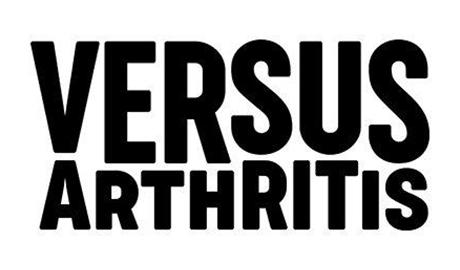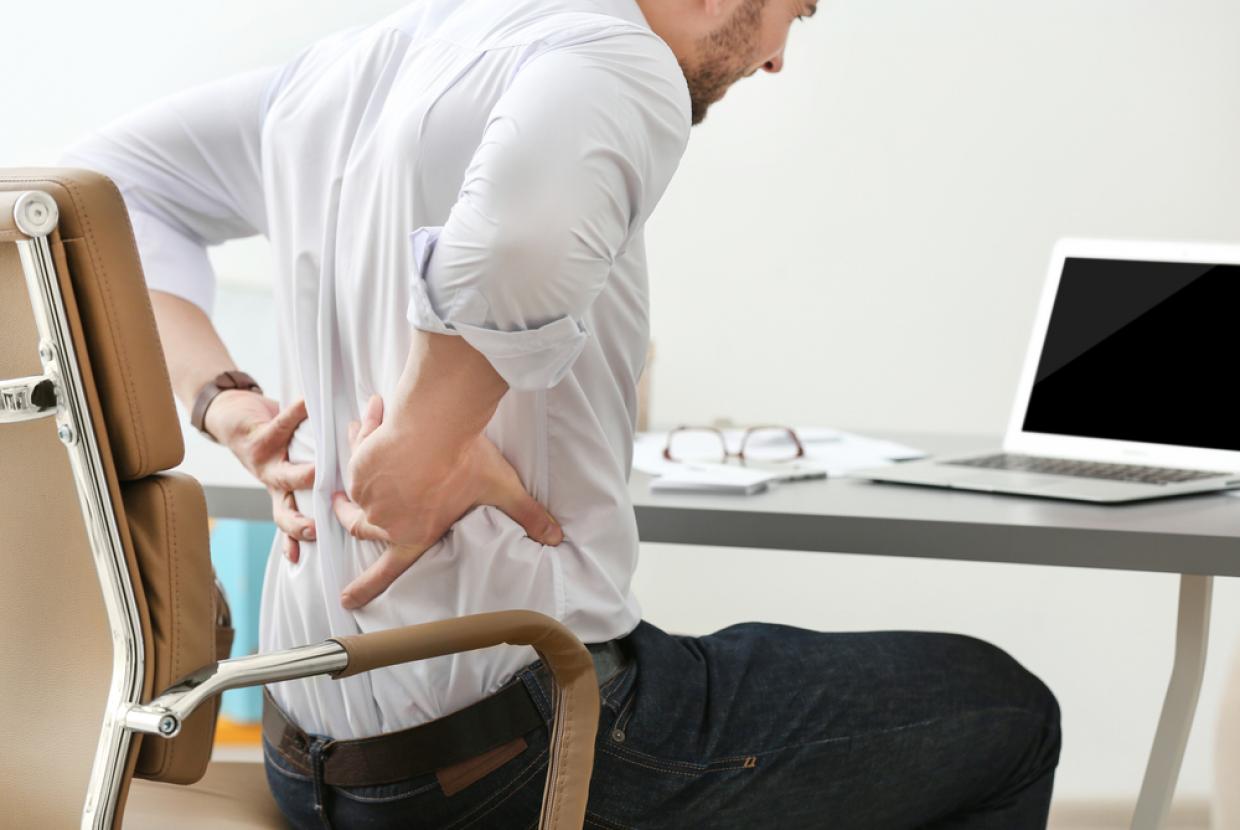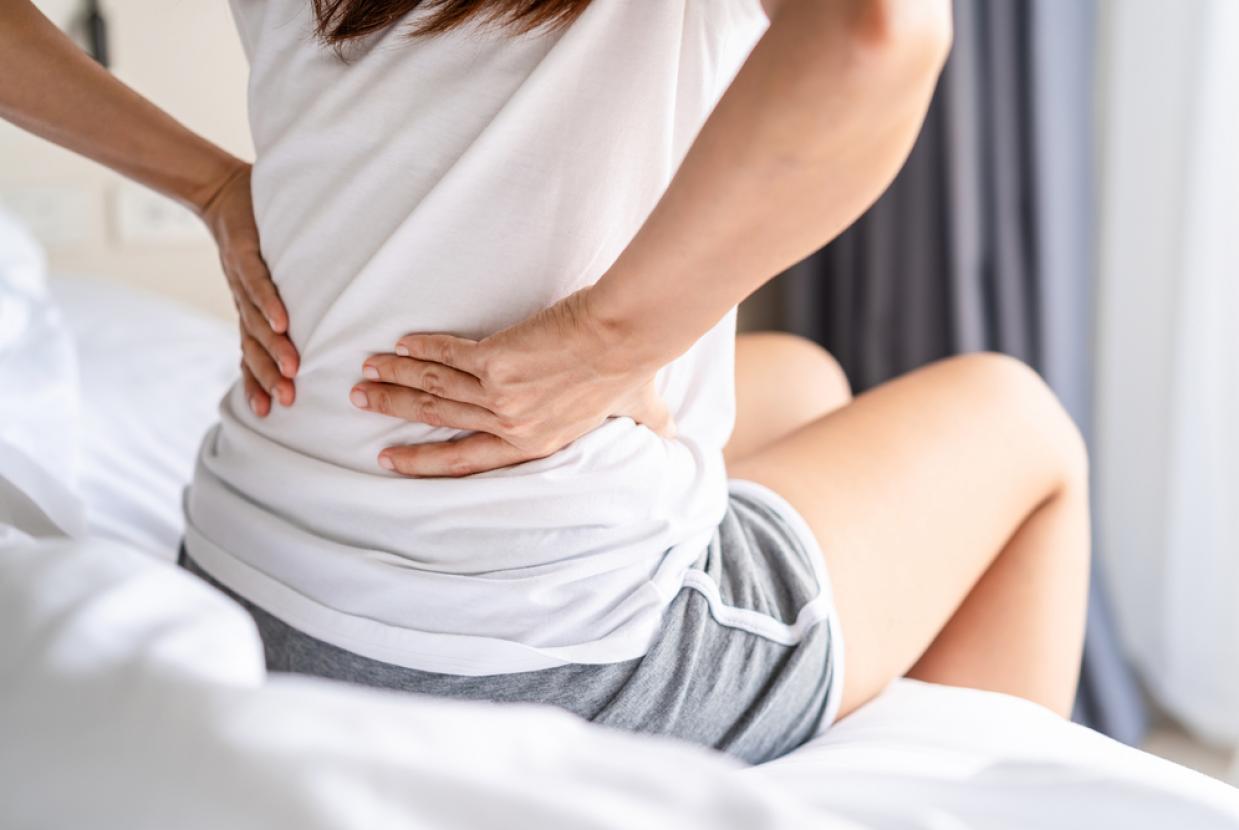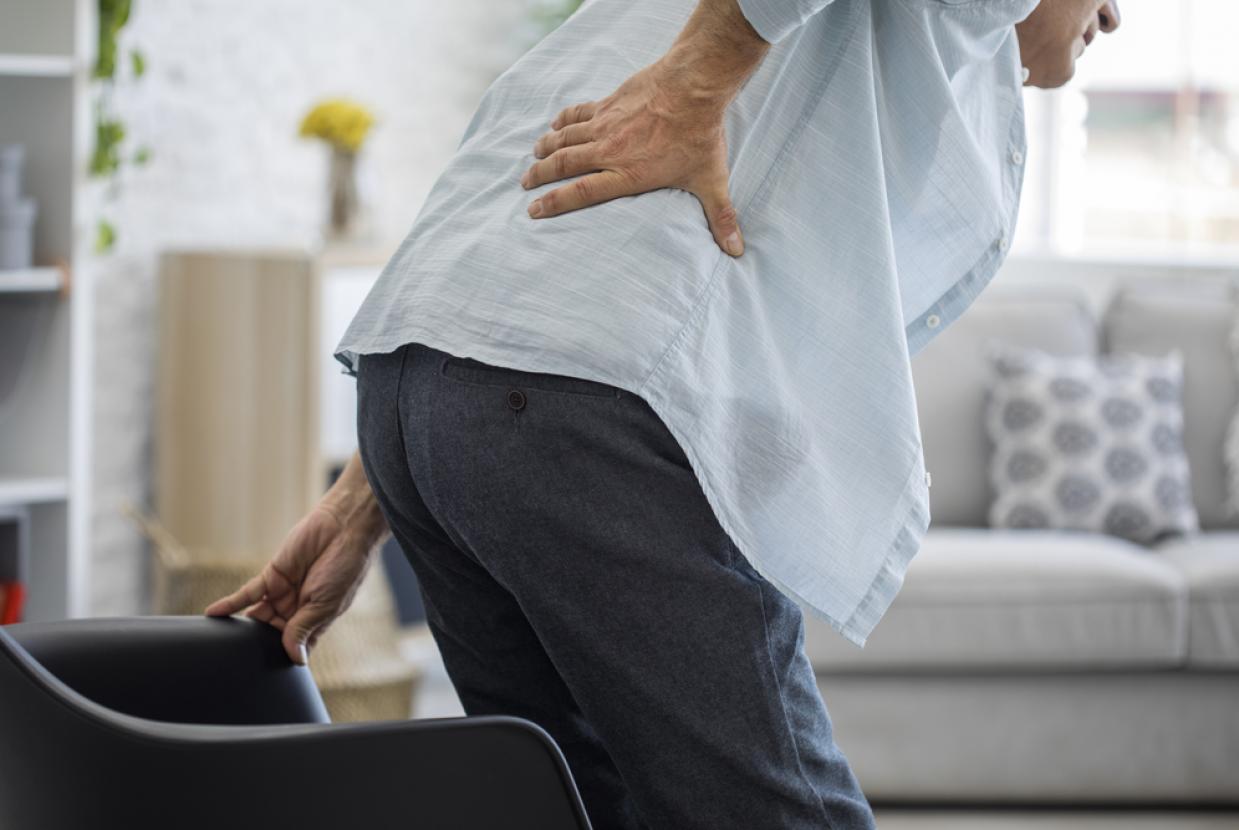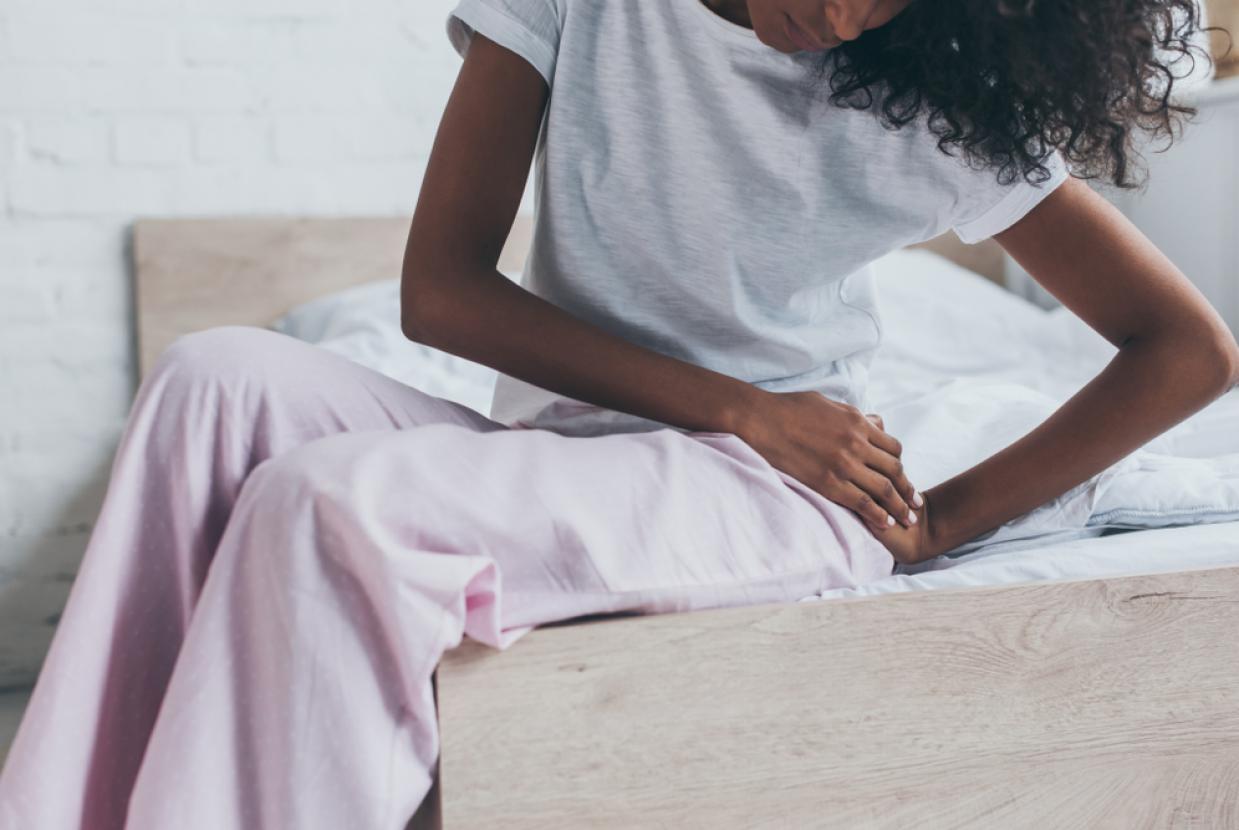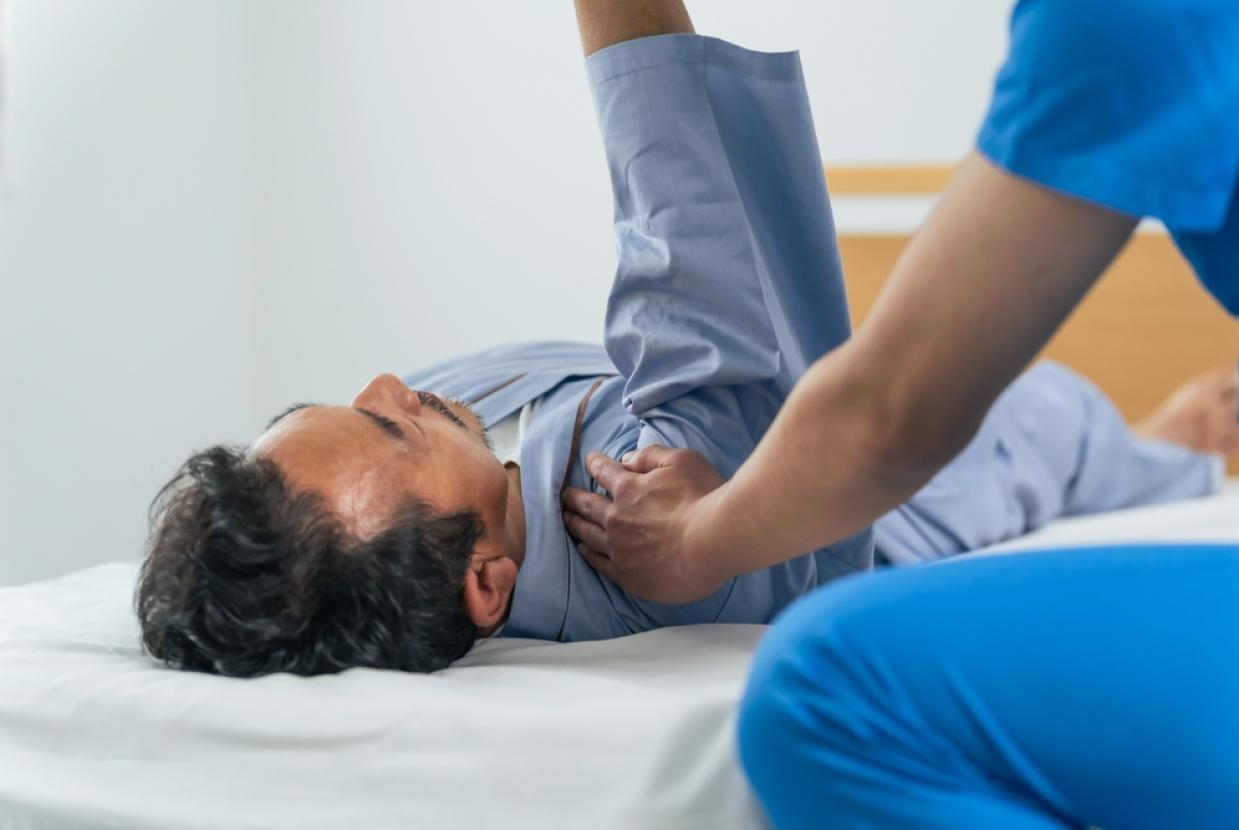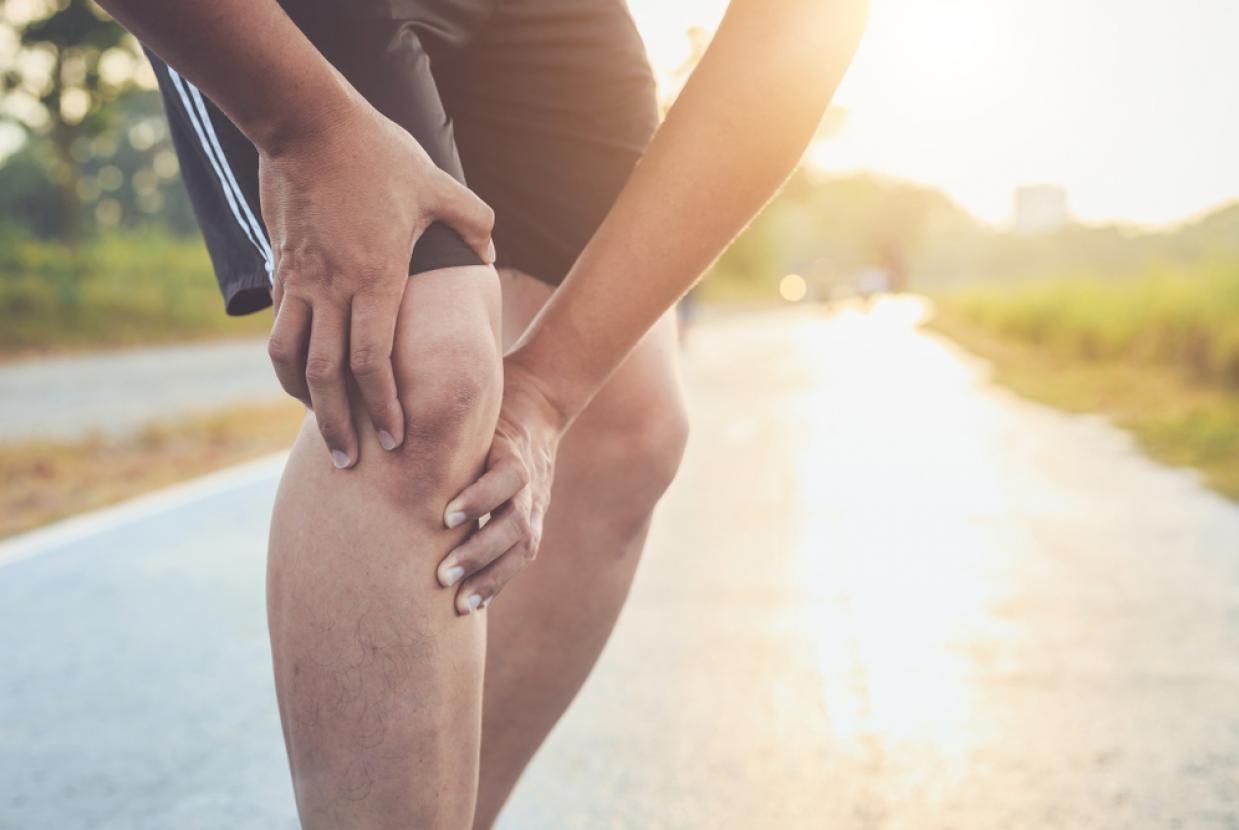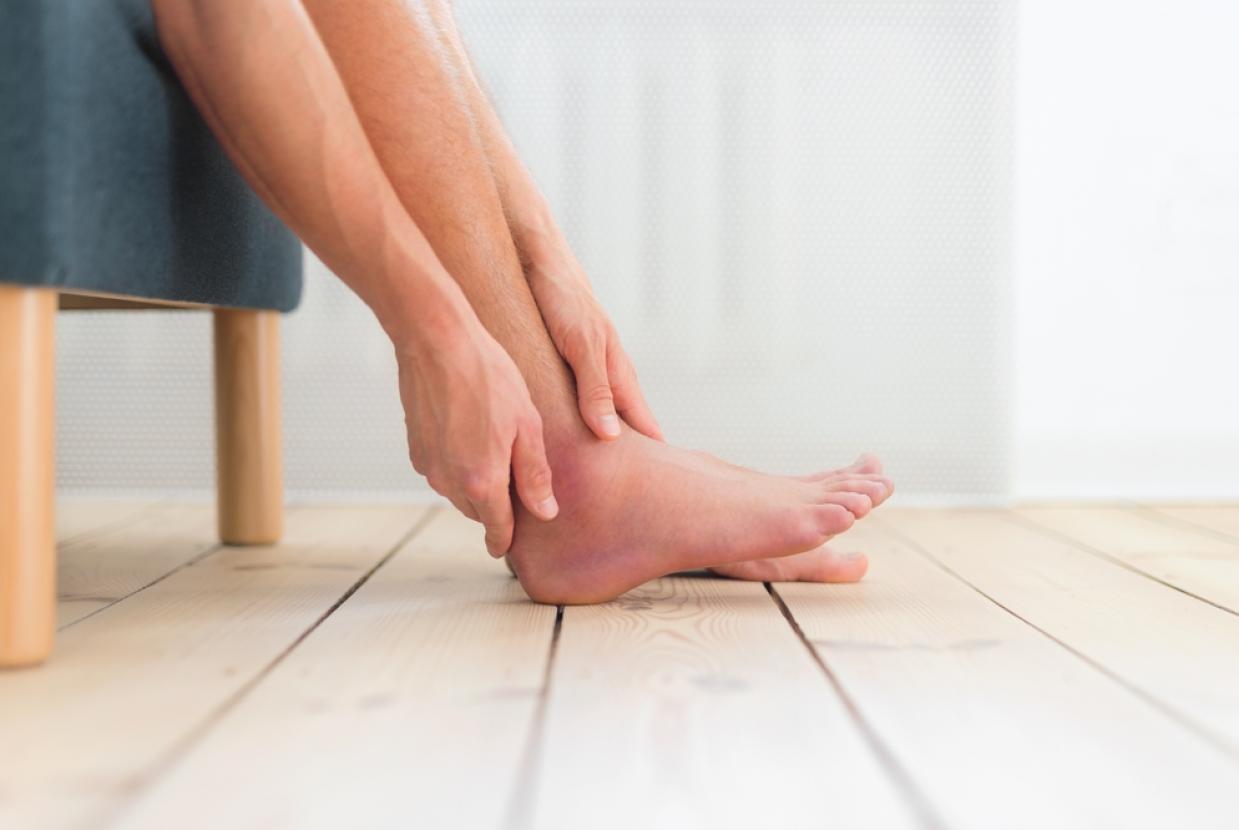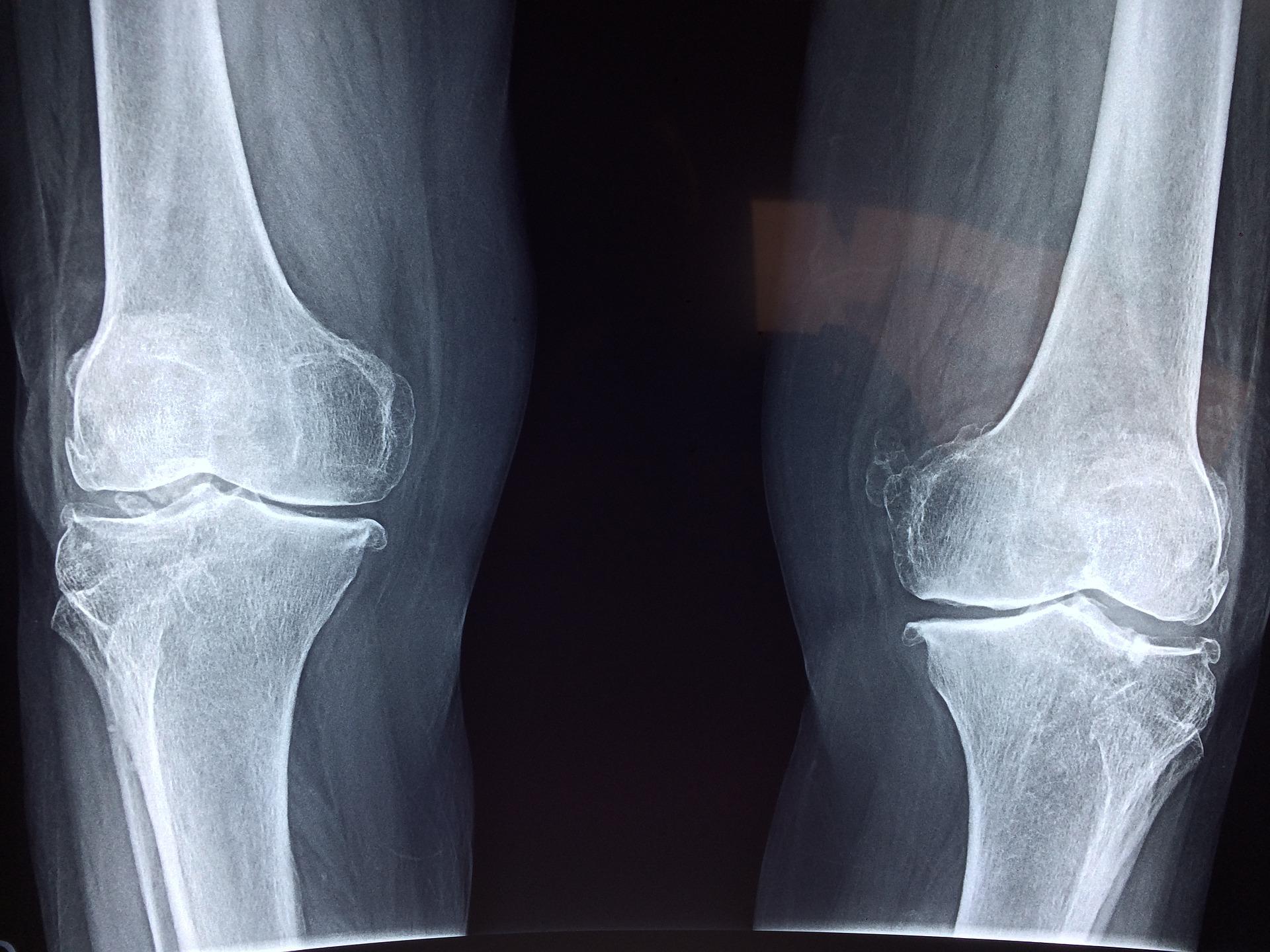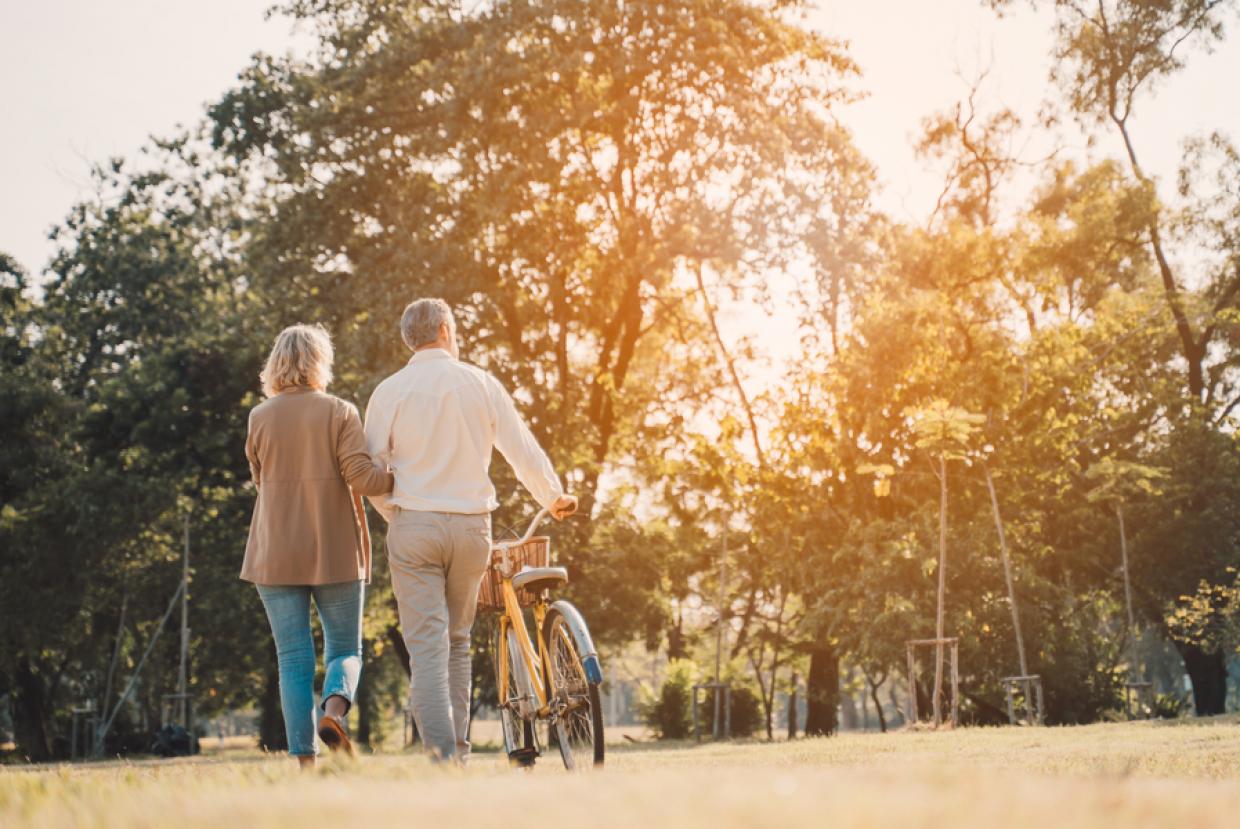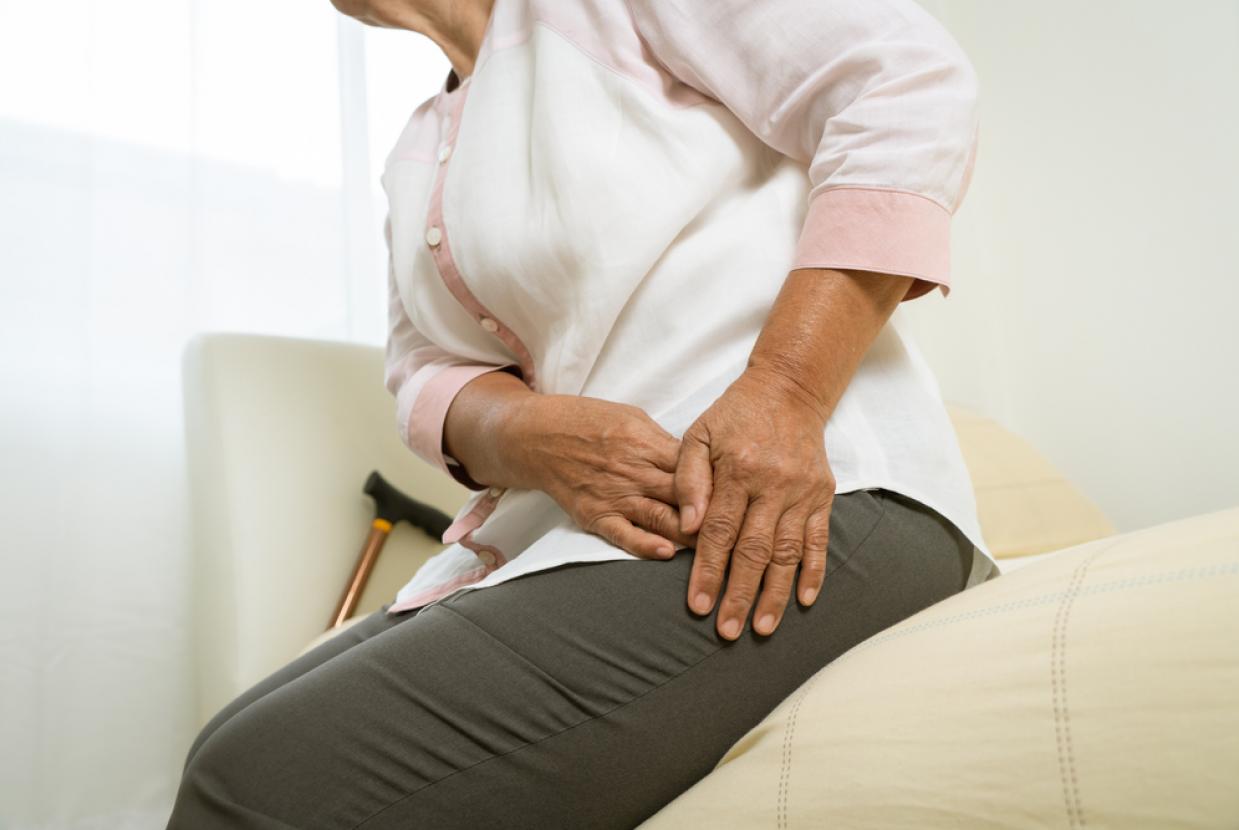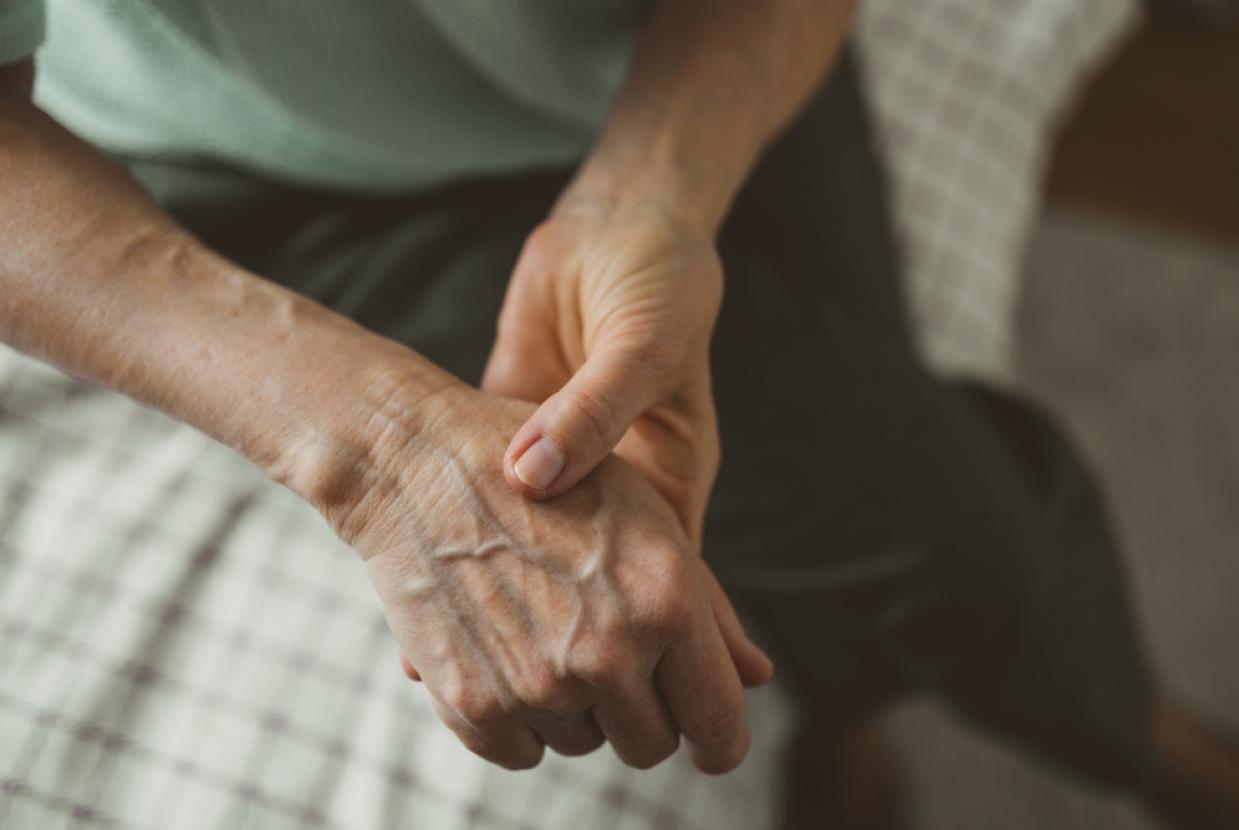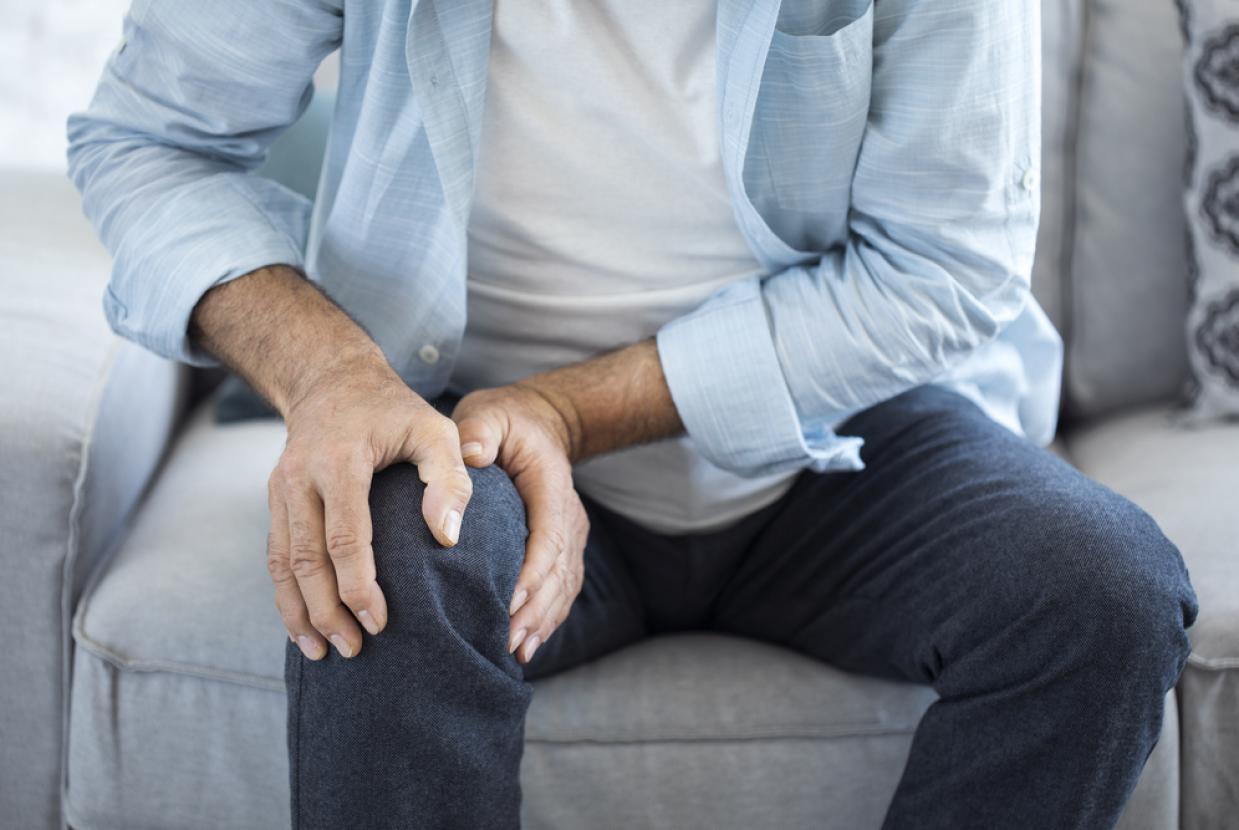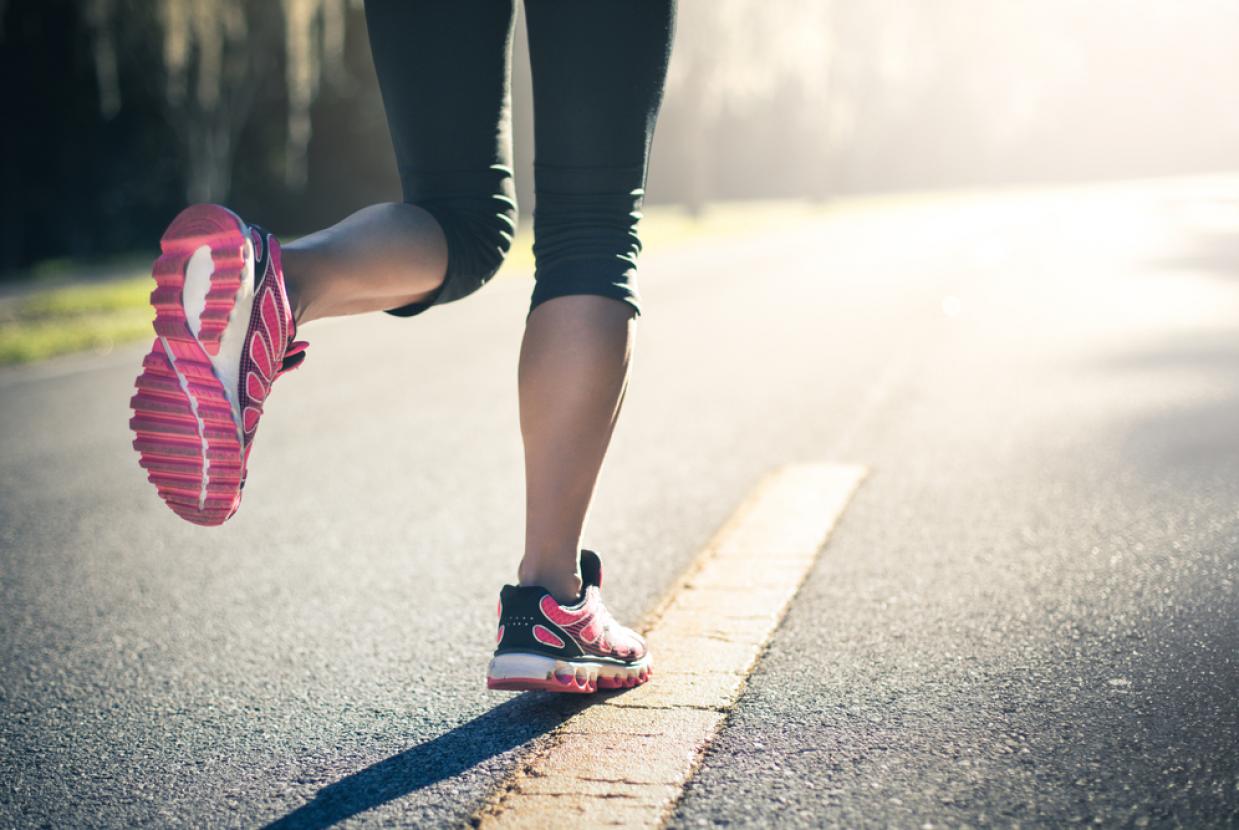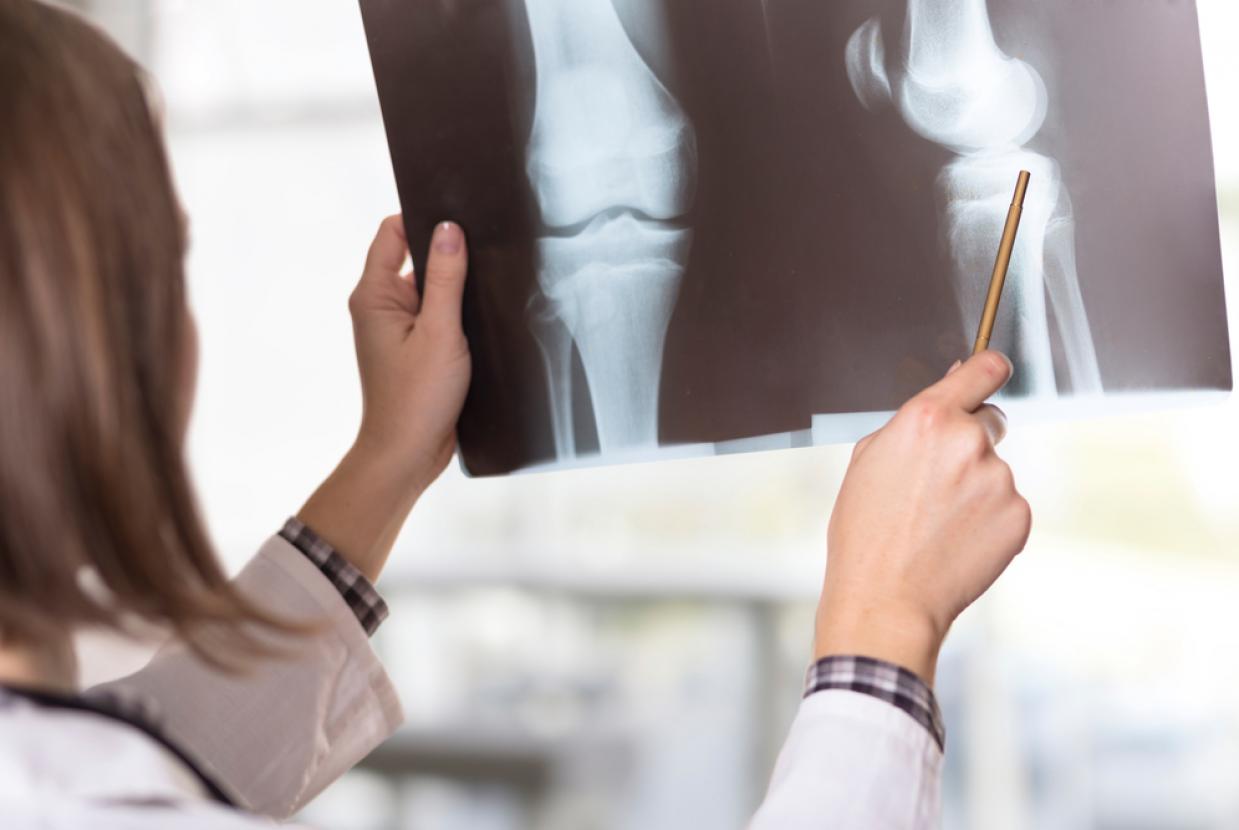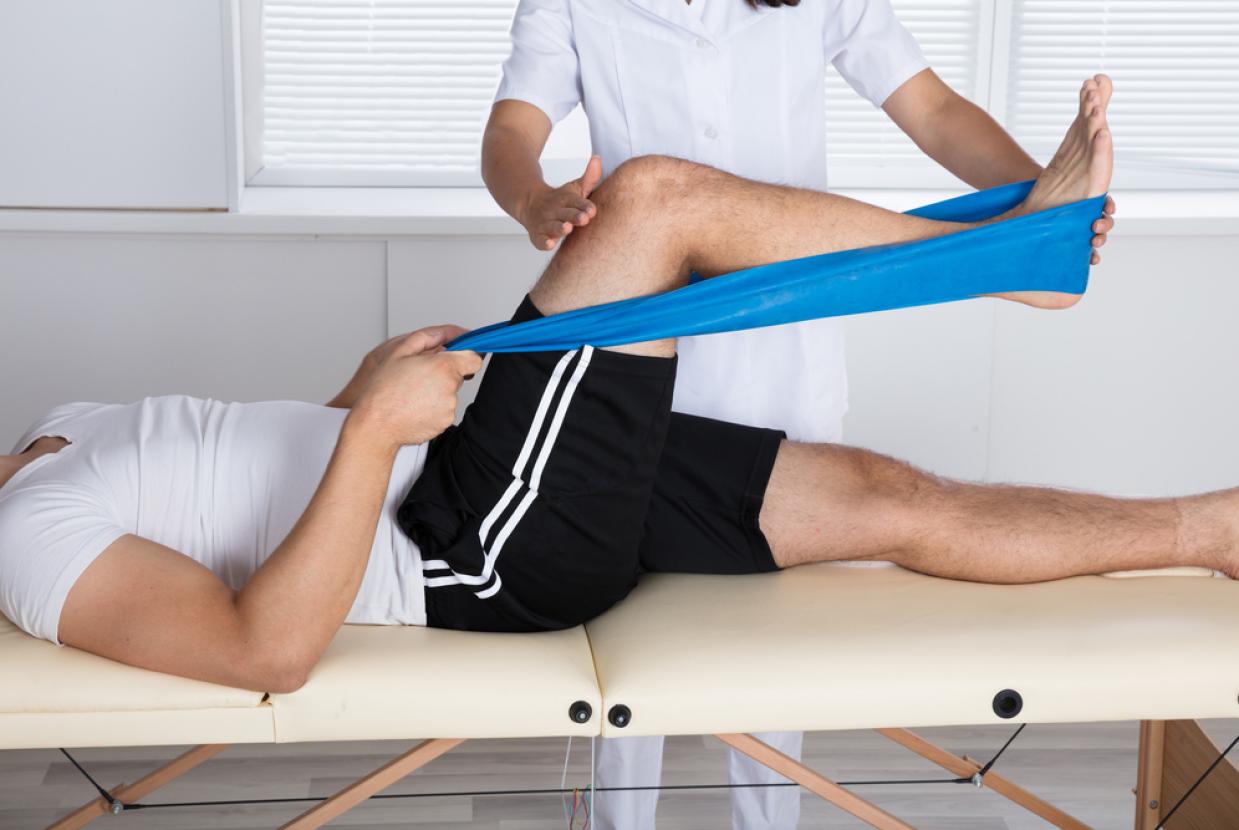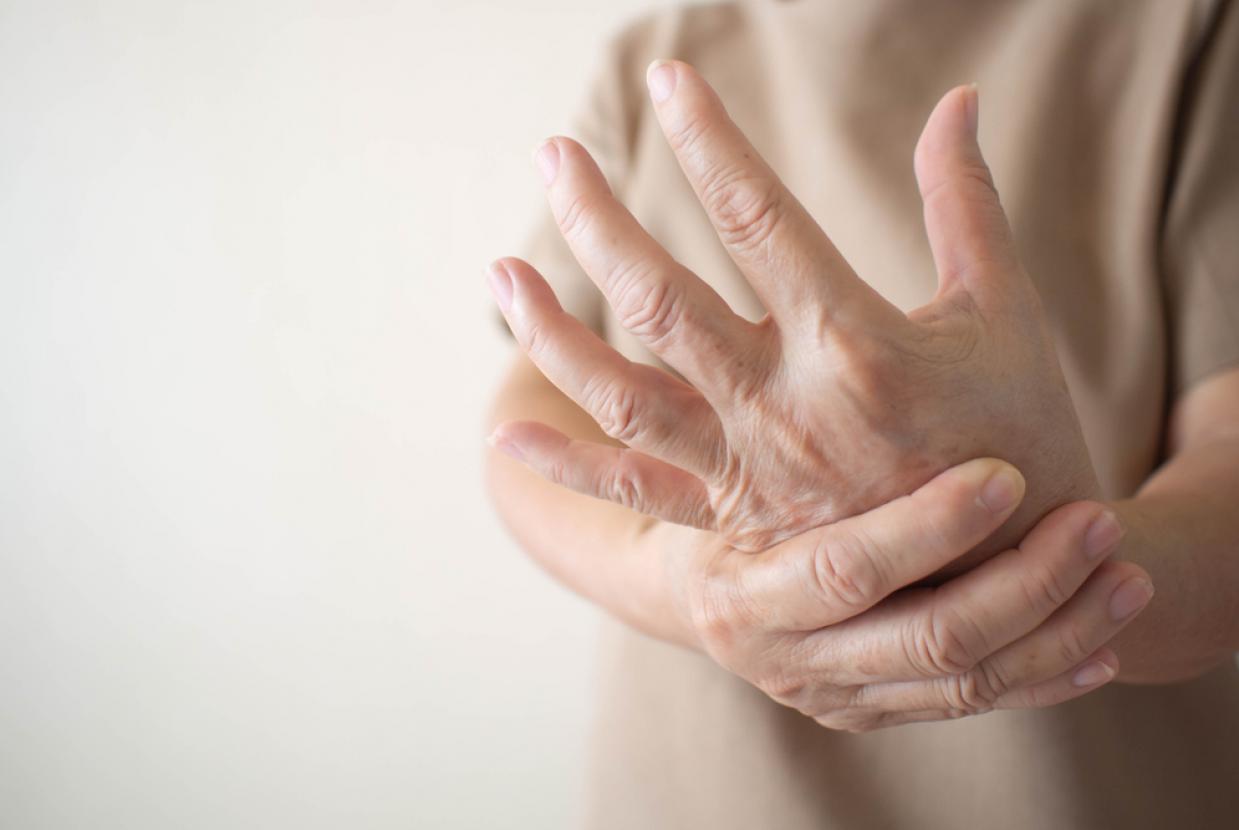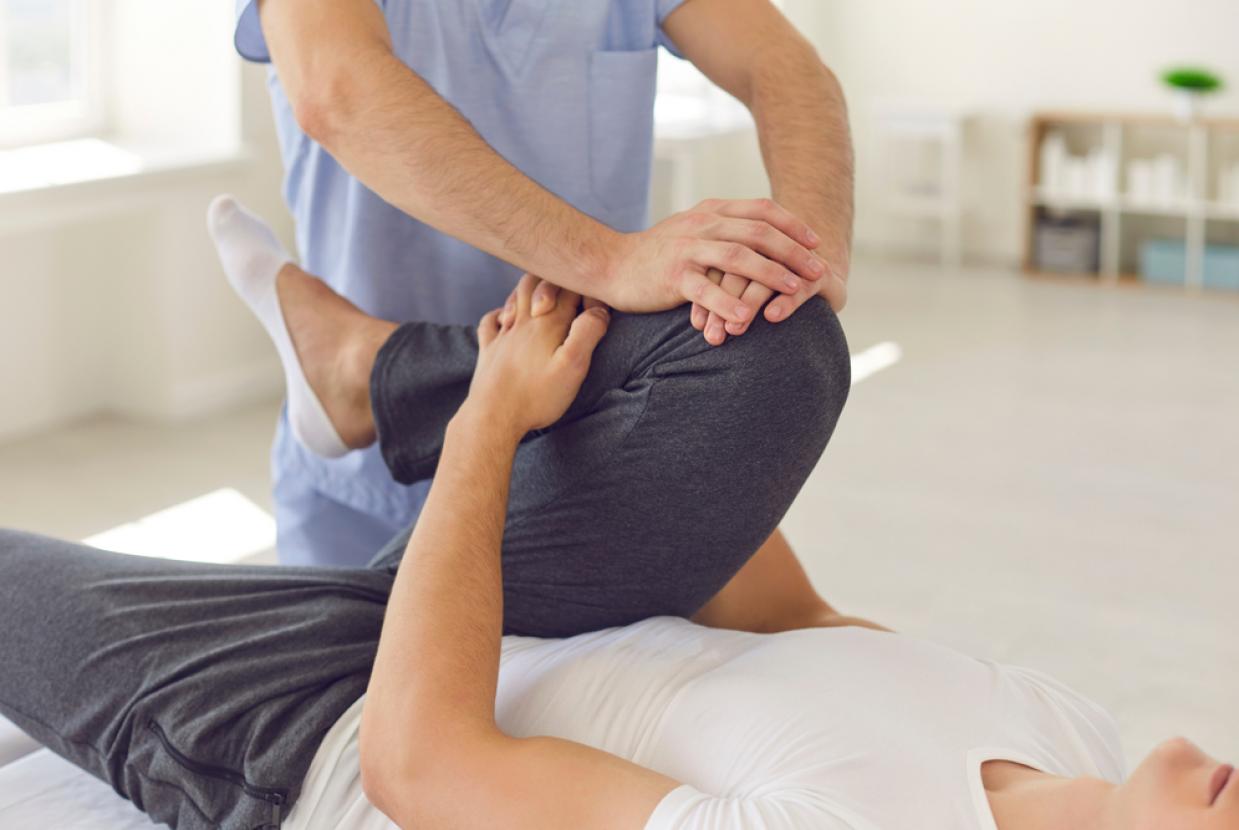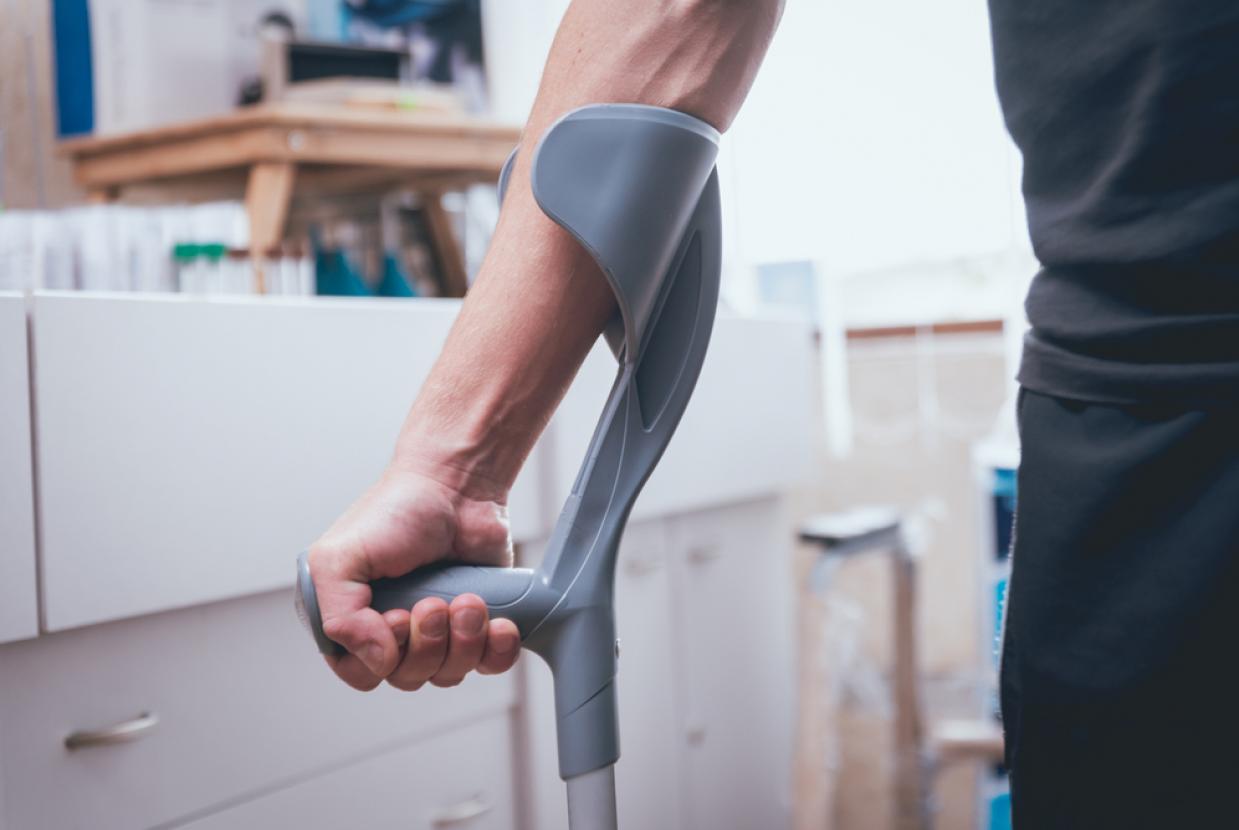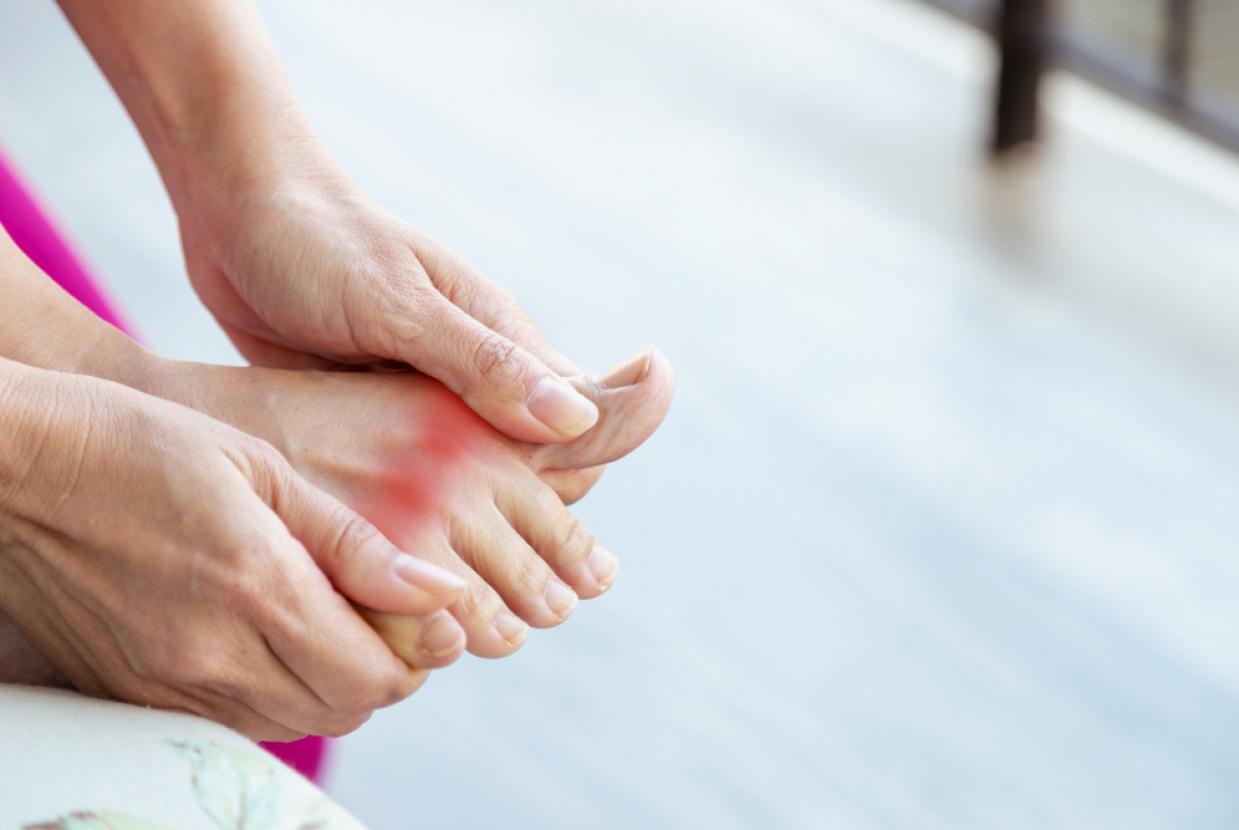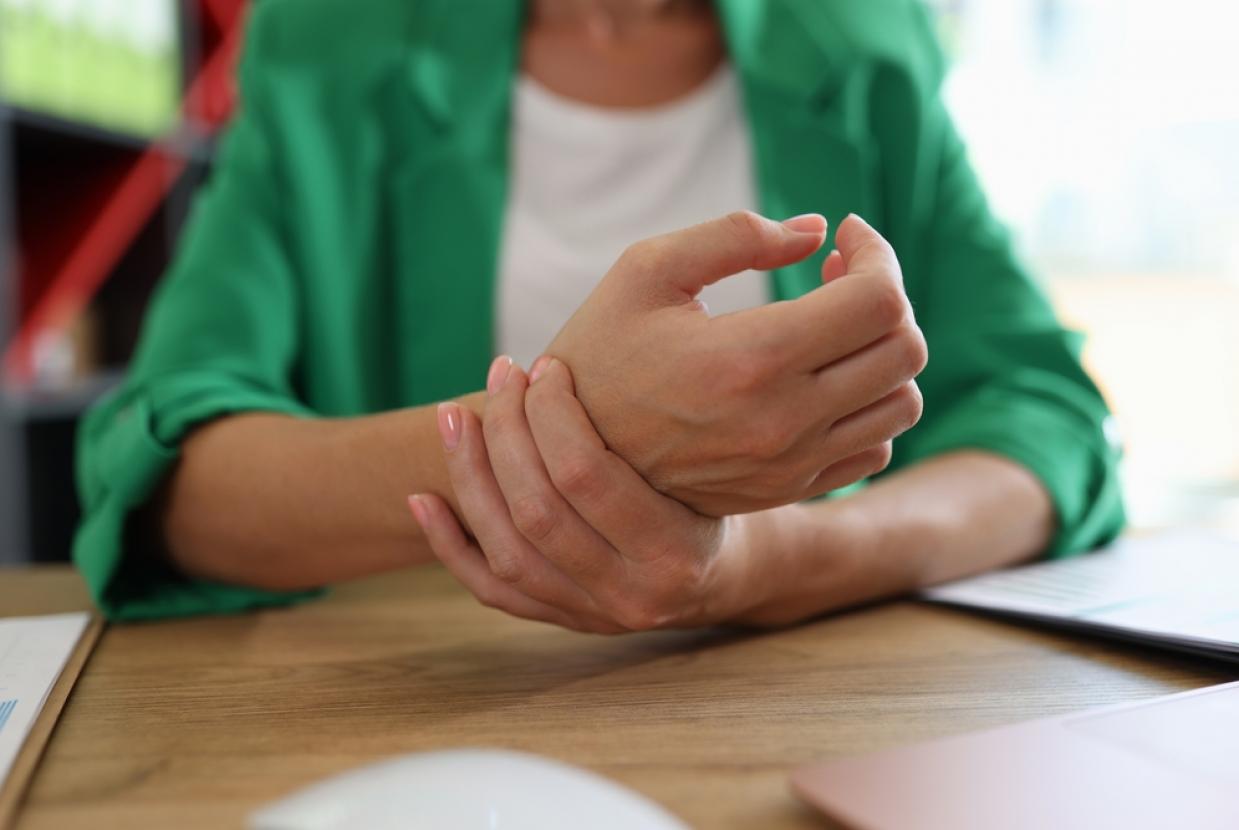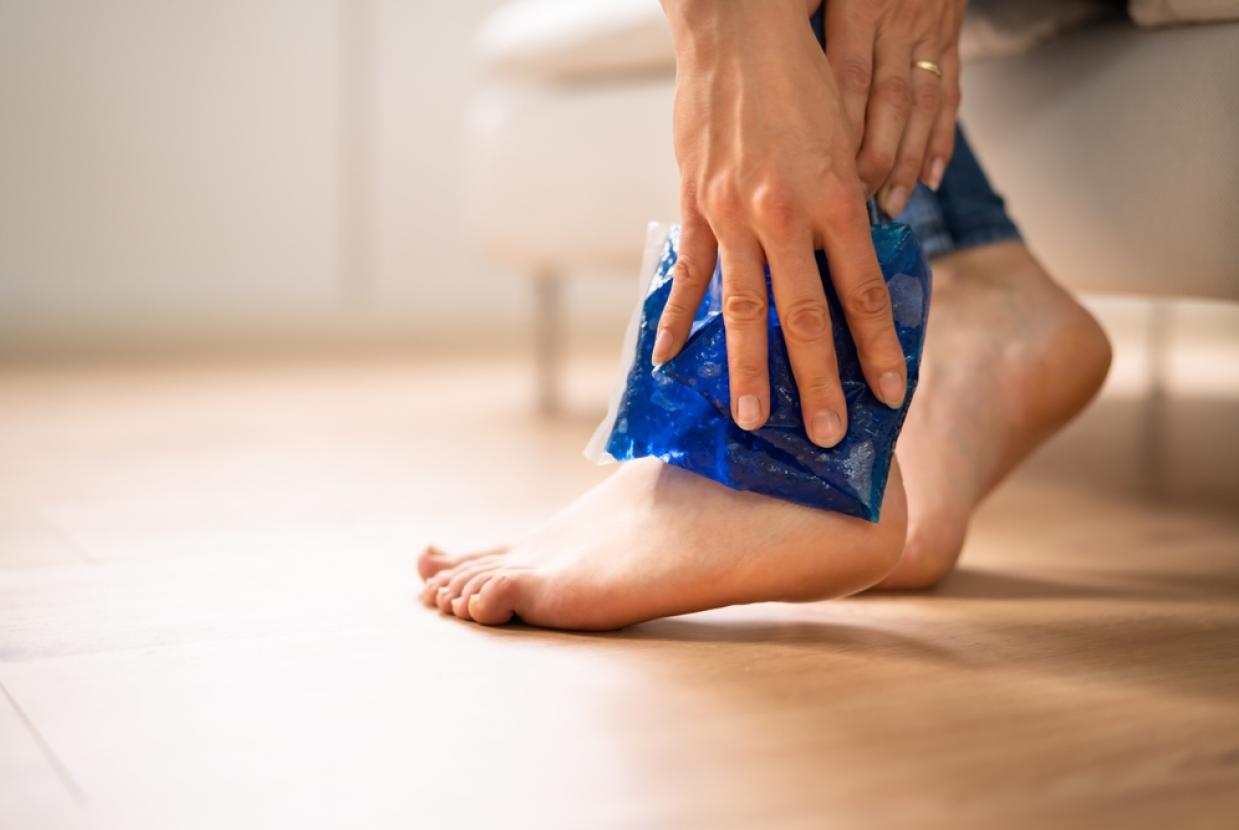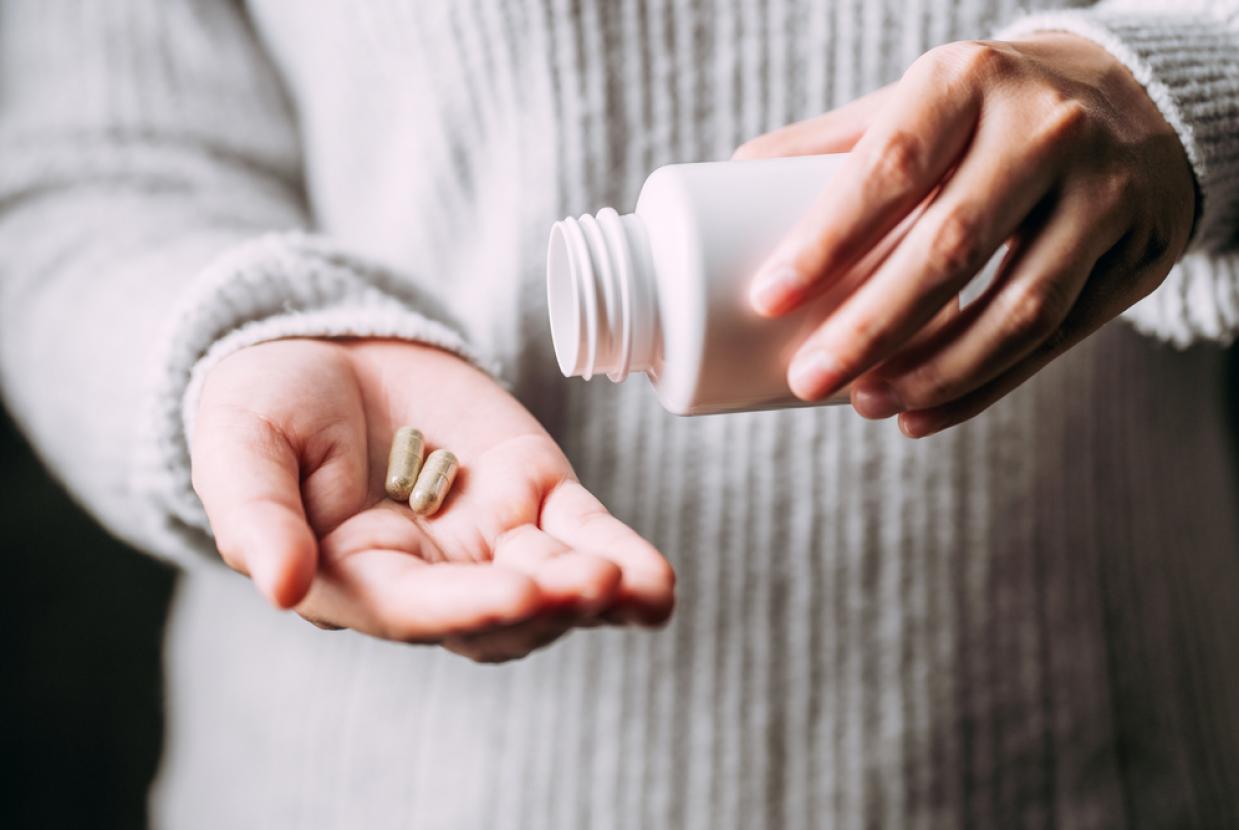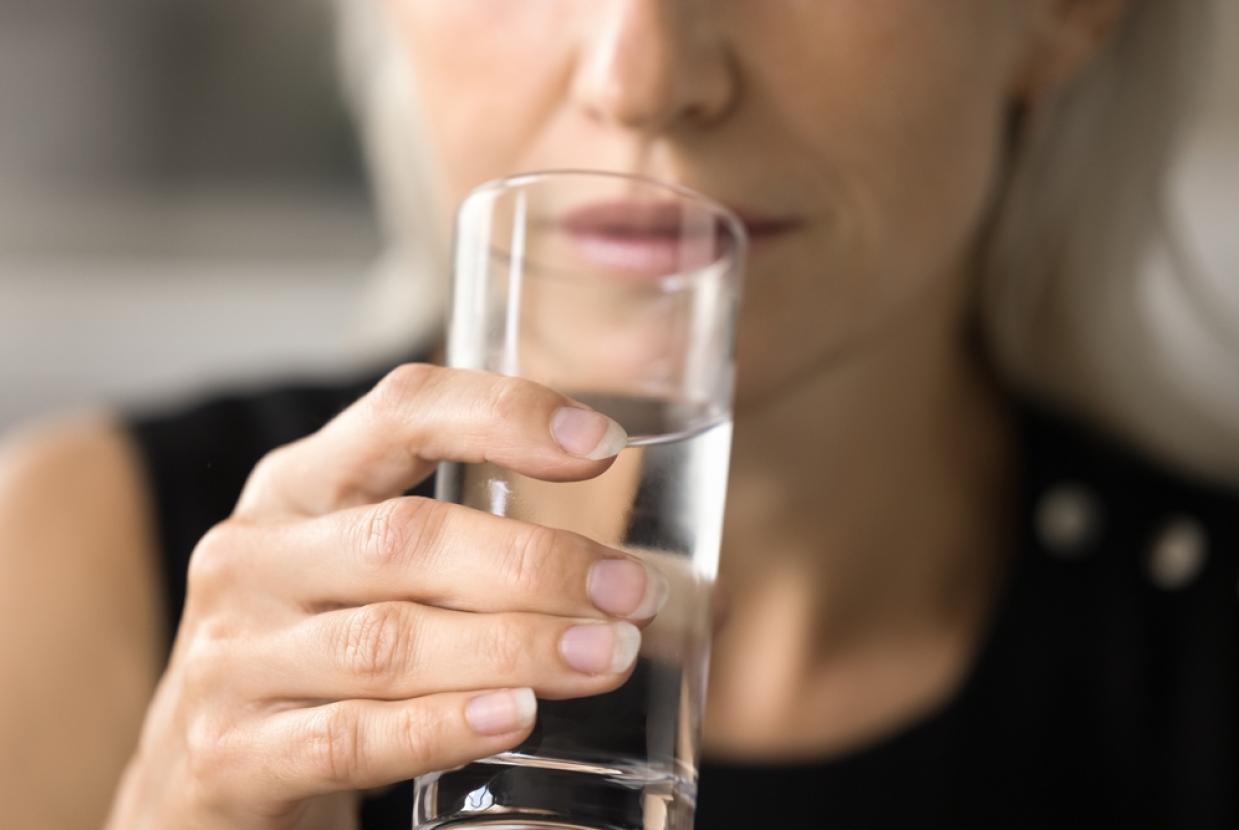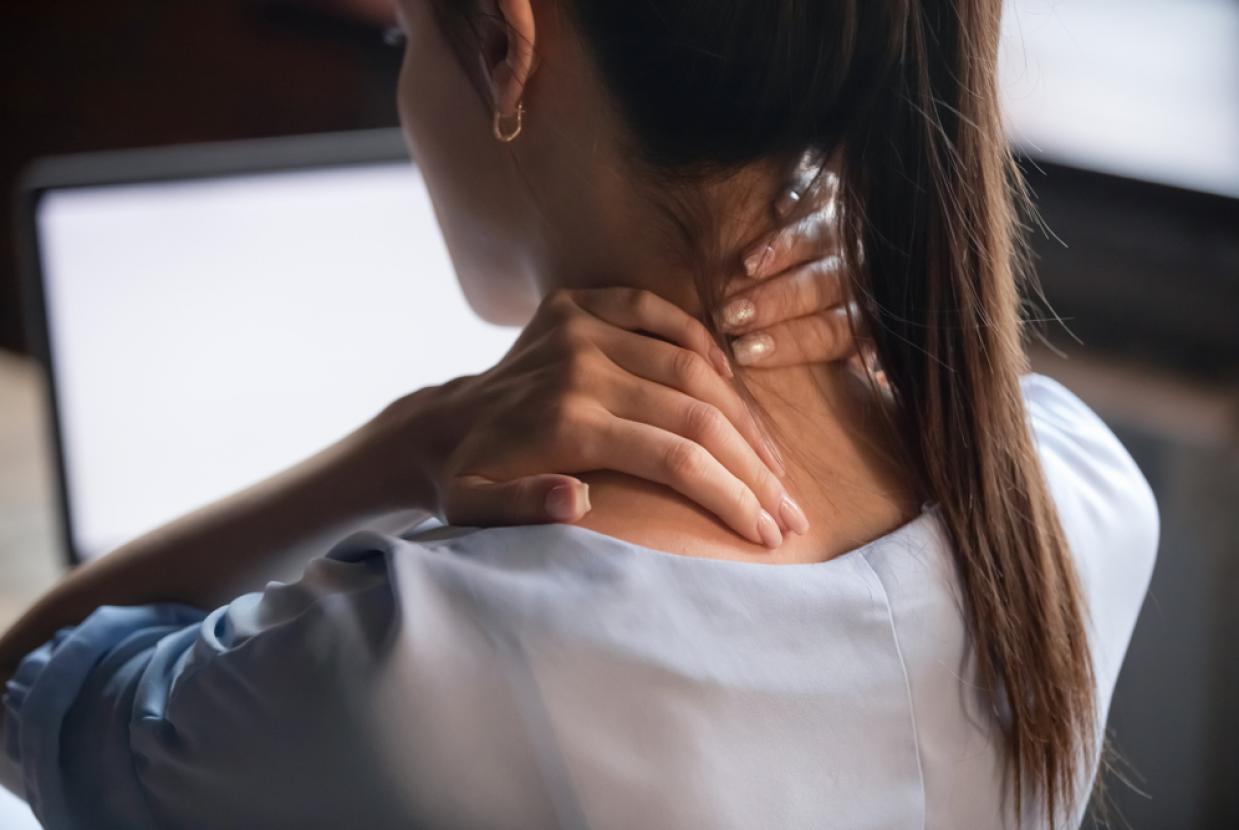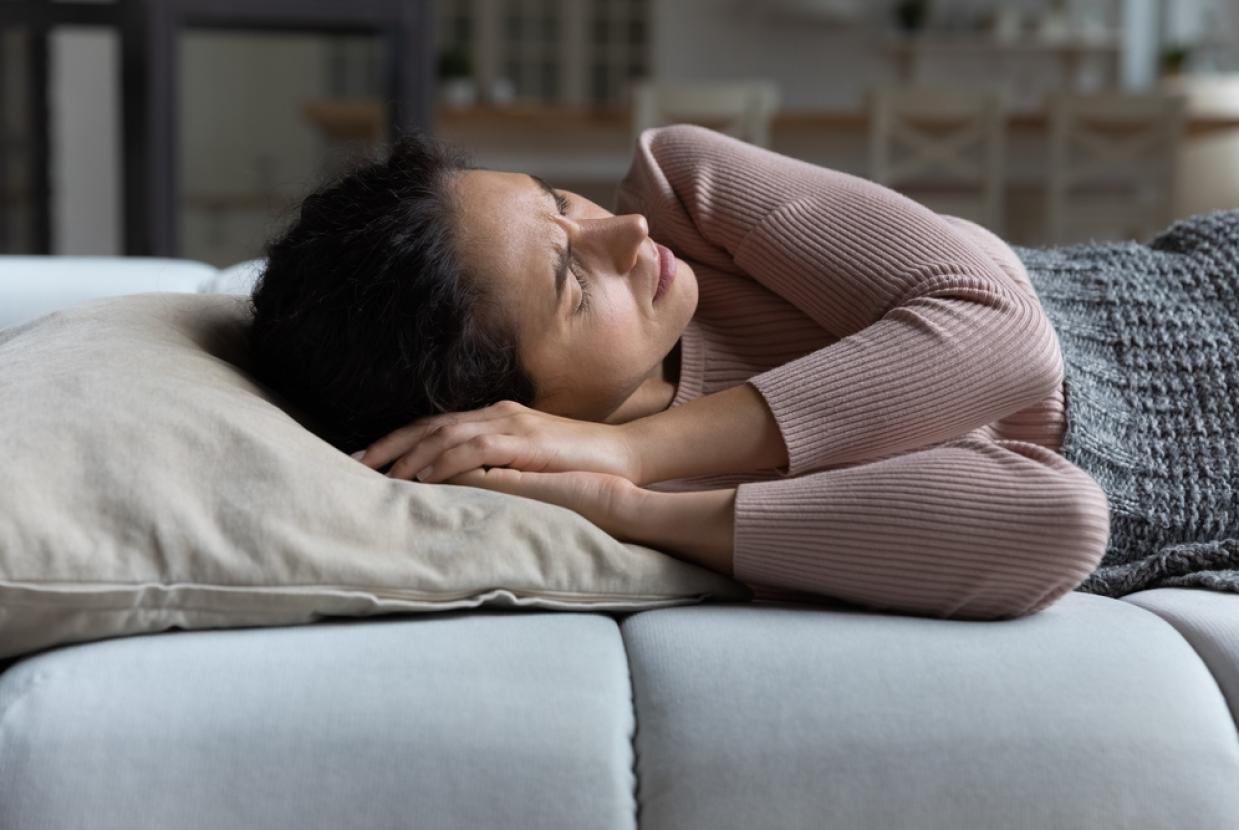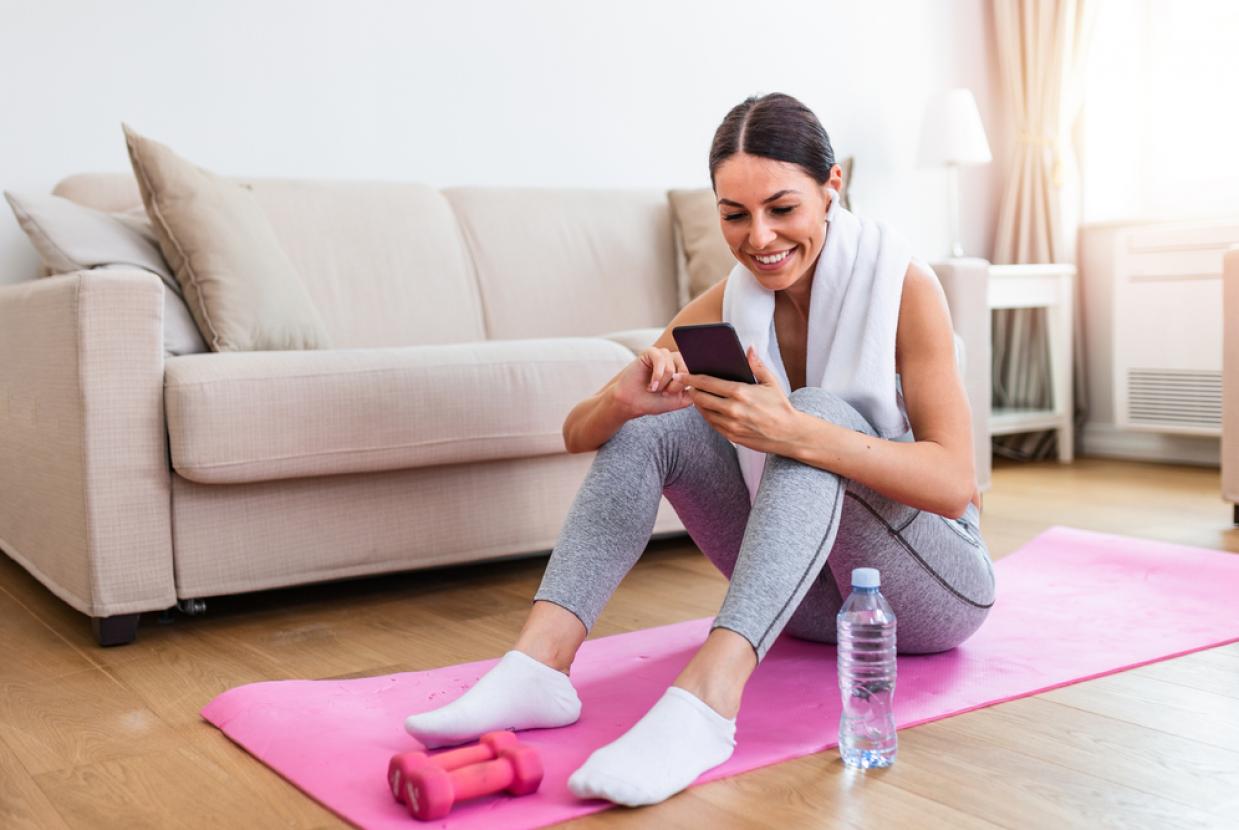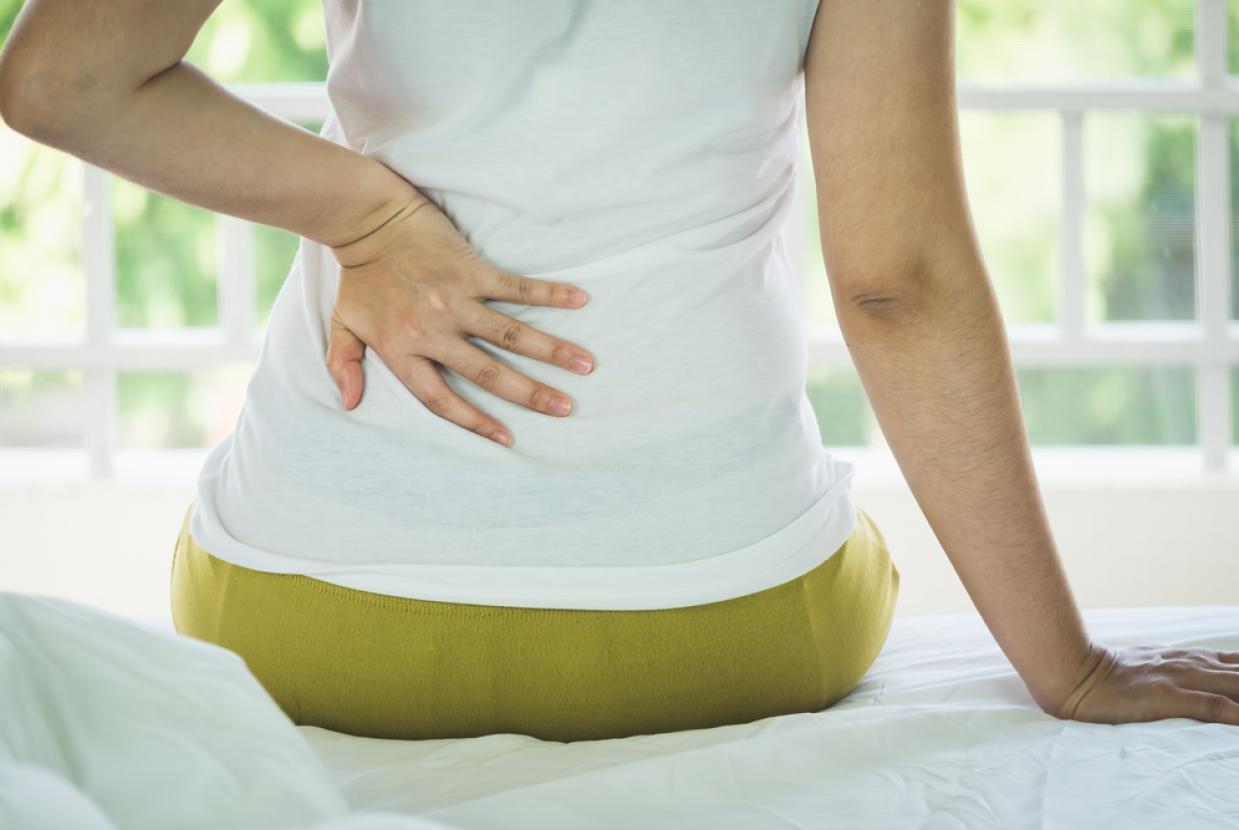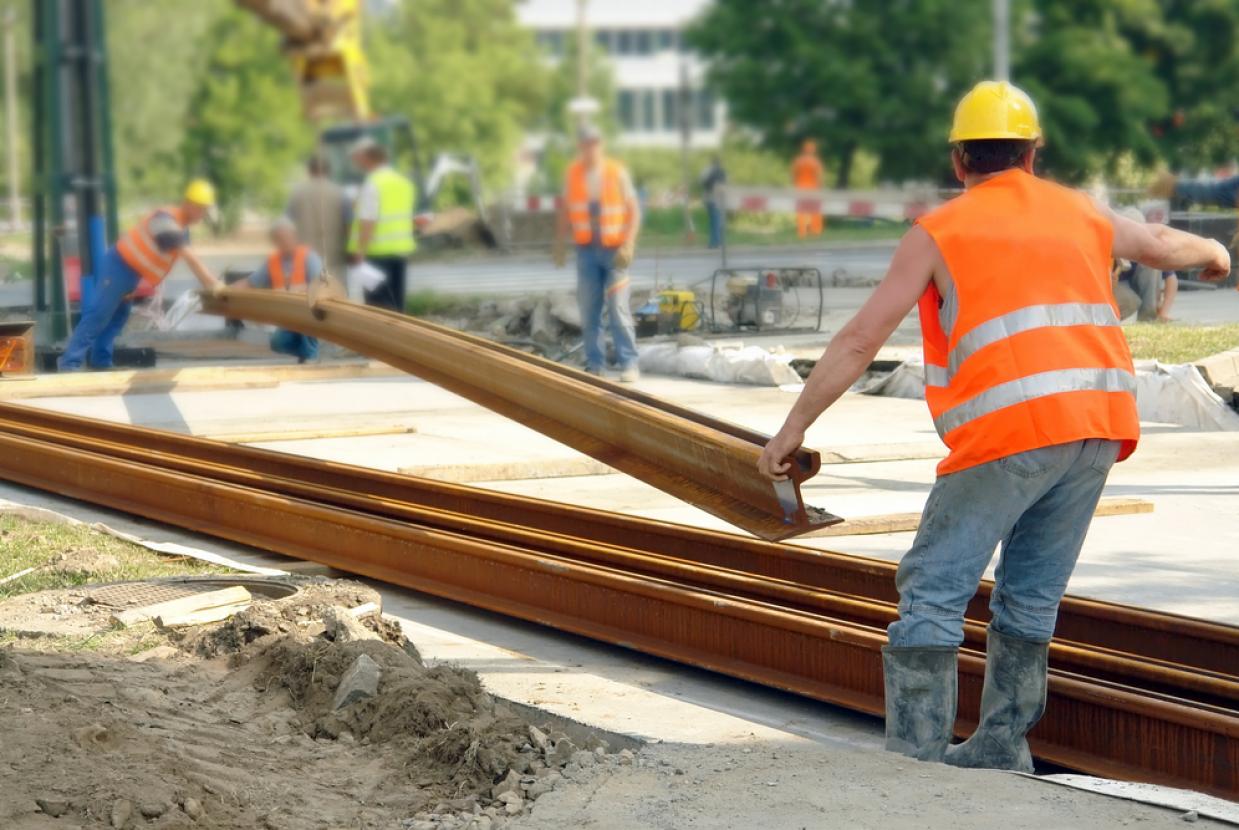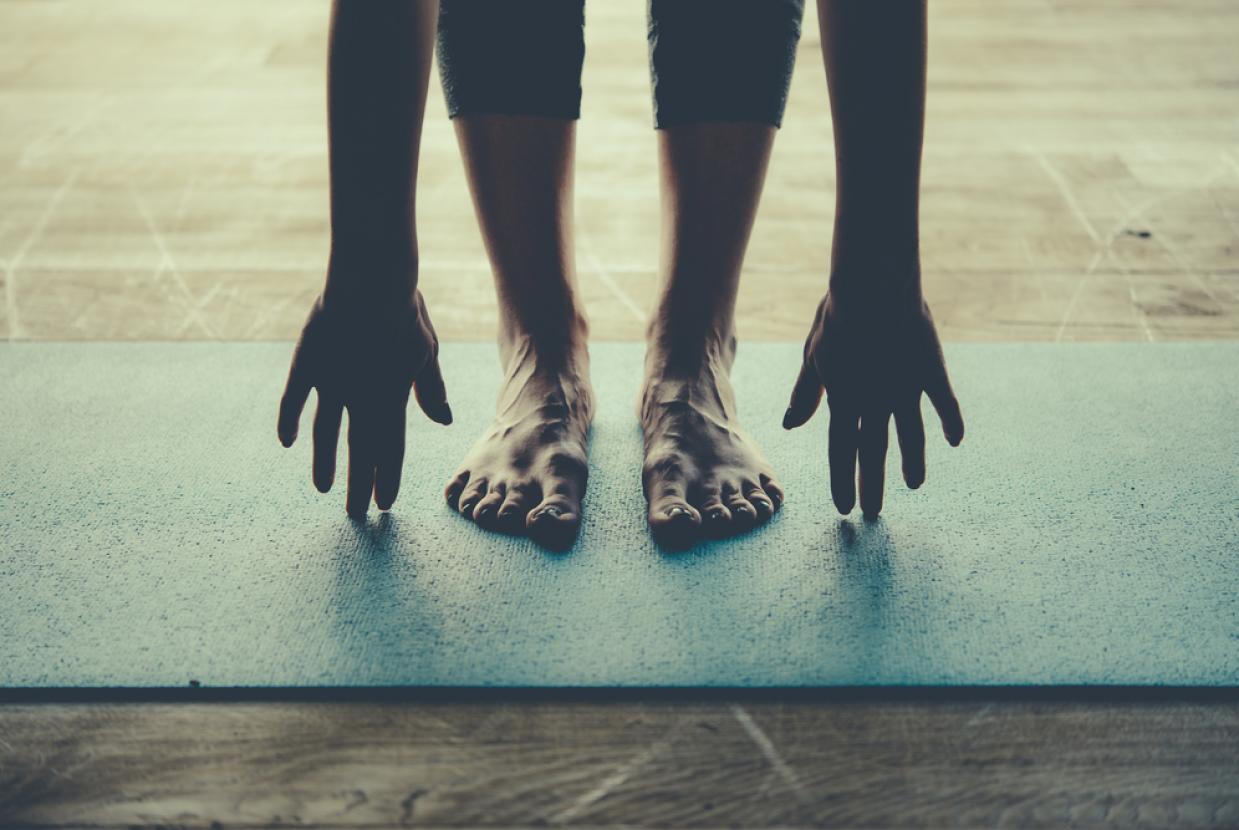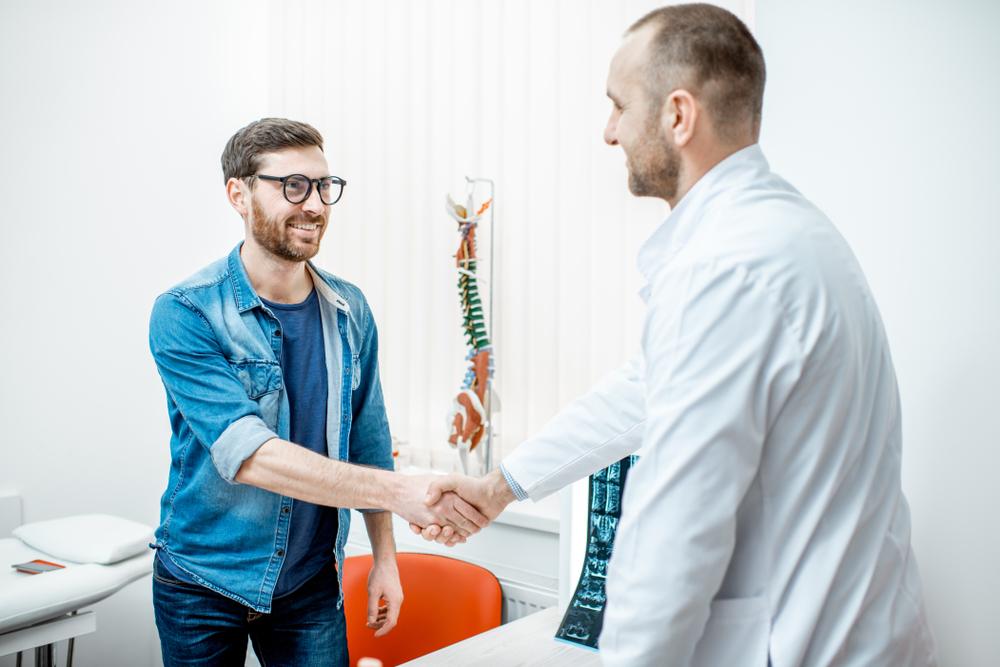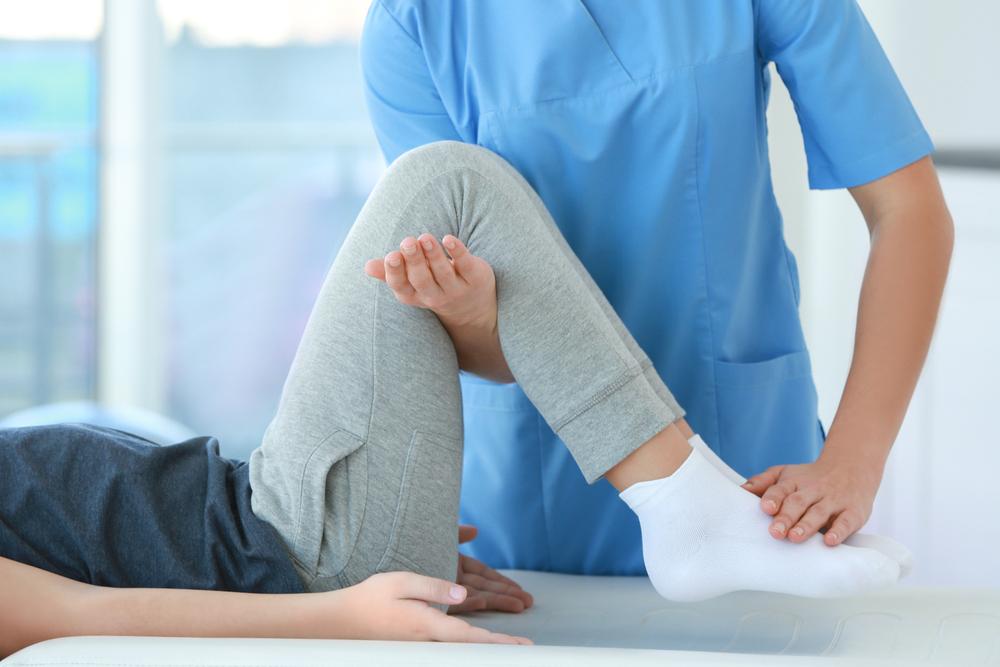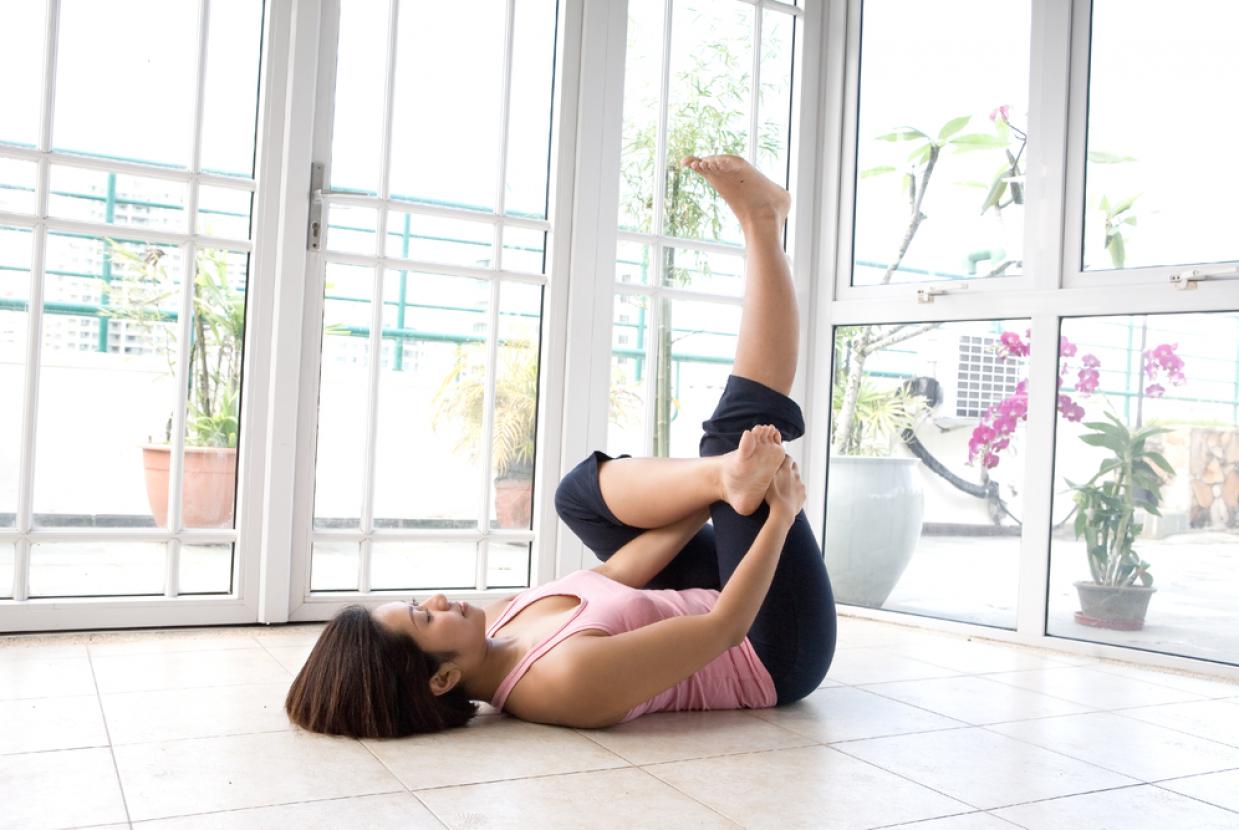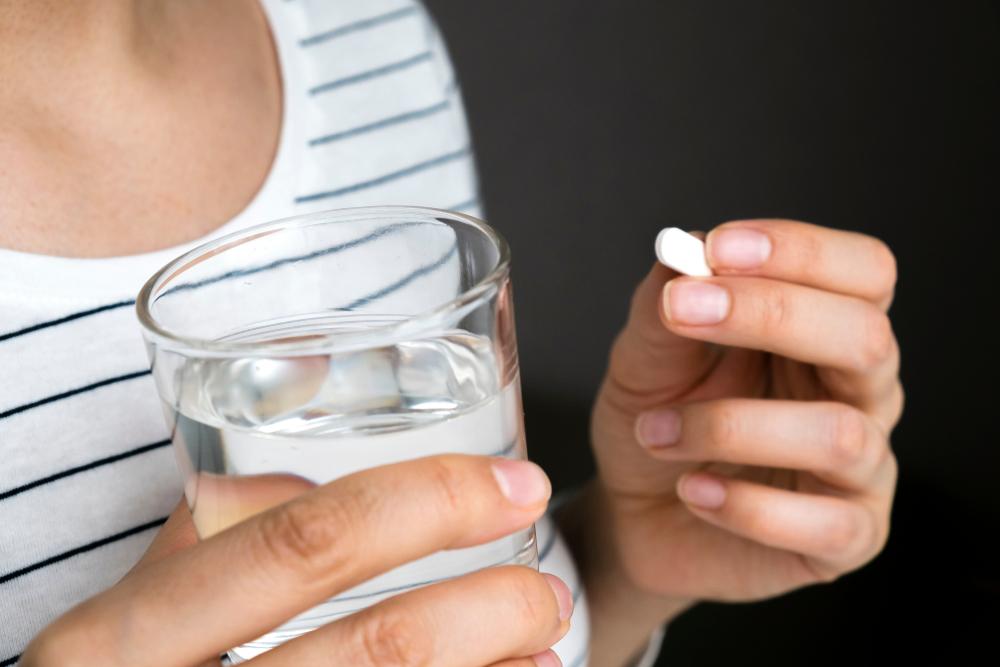Sport, Exercise & Arthritis
Arthritis/Back Pain/Joint PainWe know that a healthy diet and lifestyle is good for us; exercise is one of the best things you can do to improve your symptoms of arthritis.
So, why do we hear about runners developing knee problems Can injury increase the chances of later developing osteoarthritis?
Looking for answers
Our Centre for Sport, Exercise and Osteoarthritis Versus Arthritis based at Nottingham Universities Hospitals NHS Trust, working alongside the Universities of Nottingham, Oxford, Southampton, Bath, Loughborough and Leeds aims to answer these questions.
To do this, the centre brings together researchers with expertise in osteoarthritis and sports medicine, nutrition, orthopaedics, bone and cartilage biology and physiotherapy.
As a team, these researchers are asking some key research questions:
- Can we identify specific activities that are related to osteoarthritis symptoms in athletes and exercisers?
- Can treatments like physiotherapy which help to prevent and manage osteoarthritis help to keep people active throughout their lives?
- Can we identify the effects of exercise on quality of life for those currently with (or at risk of developing) osteoarthritis?
The effect of moderate exercise
Recent research from the centre suggests that people who do moderate, recreational exercise are at no increased risk of knee osteoarthritis. In the recently published work, the team studied more than 5,000 people over 5-12 years, and found no link between doing more exercise per week and developing osteoarthritis.
Dr Lucy Gates, researcher on the study said:
“This study is the outcome of years of successful international collaboration between researchers and experts in the field of osteoarthritis and physical activity. The study did not observe an effect between amount of energy used or the duration of time spent in recreational physical activity and the development of knee osteoarthritis. These results will be useful for clinicians who are looking to prescribe physical activity for health.”We know that people who do moderate exercise benefit from a healthy lifestyle choice without a great risk of injury.
What about running?
Many people believe running will have damaging effect on joints, in particular the knees. We know this is not the case for moderate exercise, but researchers are exploring the effect of higher volumes of running on joint health.
With the help of parkrun, the research centre is recruiting volunteers for the HALO study (health of adults’ longitudinal observational), to follow a group of runners over 15 years, observing the amount of running they do and any injuries they have, to see if these factors impact their joint health later in life.
This research could help us find out if there’s any truth behind to link between running and osteoarthritis in the knee and could lead to new advice or clinical practice.
What about professional athletes?
The researchers are also studying osteoarthritis in professional sportspeople, including:
- Football: Are retired professional footballers are more likely to have pain and osteoarthritis in the foot/ankle joint compared with men in the general population?
- Rugby: What are the risks and benefits of recreational and elite level rugby participation in men and women who play rugby Union and League? The study will investigate joint health, concussion, joint pain, osteoarthritis and mental health.
Osteoarthritis health in the military
The research centre is also exploring musculoskeletal conditions in military personnel. Recent advances in imaging and surgery have shown that hip pain can often occur before osteoarthritis develops.
Since hip pain is common in young military personnel, the MILO (Military Hip Rehabilitation Outcome) study looks at the link between military training (and the physical forces it imposes on the hips) and pre-arthritic hip pain.
Want to learn more about arthritis & how it is treated? Click here.


